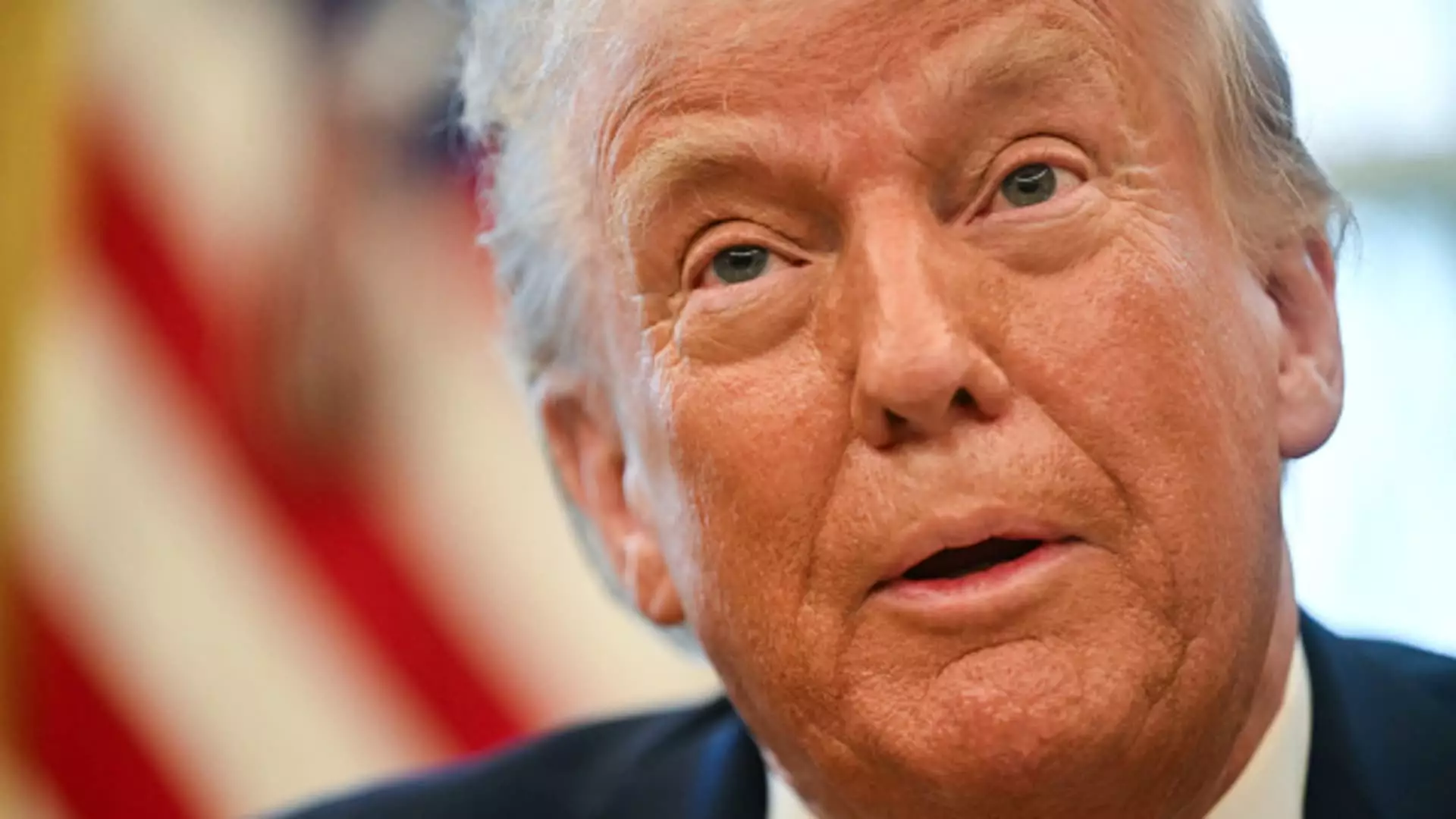In a decision that may reshape the economic landscape of the United States, former President Donald Trump recently signed an executive order establishing plans for a government-managed sovereign wealth fund. Slated to function as an economic development instrument, this fund aims not only to bolster infrastructure development, including essential projects like airports and highways, but also to potentially facilitate a strategic partnership with the controversial social media platform TikTok. According to U.S. Treasury Secretary Scott Bessent, this initiative promises to forge a new path for monetizing U.S. assets, thereby leveraging them for the benefit of American citizens.
Such a fund could serve numerous purposes. For one, it could enable the U.S. to extend its global influence, especially in developing regions such as Panama and Greenland. The capacity to utilize the fund for infrastructure projects is particularly significant; improved facilities could enhance trade and aggregates for American industries. Interestingly, the Trump administration, while liberal in its ambitions, has also hinted at utilizing unconventional funding mechanisms, such as tariffs, to support this initiative. By employing taxes on natural resources and financial transactions common in countries with existing sovereign wealth funds, the U.S. could shift its financial reliance from traditional debt tools to a more diversified funding model.
While the idea of a sovereign wealth fund for the U.S. is not a novel concept—given its existence in countries like Norway, China, and Singapore—its implementation presents unique challenges. Unlike these nations, which often have surplus budgets and abundant natural resources to capitalize on, the U.S. is grappling with significant budget deficits. This reality raises questions about the fund’s potential effectiveness and sustainability. Norway’s sovereign wealth fund, for instance, stands as a behemoth with over $1.7 trillion in assets, showcasing how well-managed resources can yield remarkable returns in global financial markets.
Despite the potential benefits, critics voice valid concerns regarding transparency and governance. The track record of sovereign wealth funds suggests that lacking robust oversight can lead to conflicts of interest or corruption. As the U.S. endeavors to establish its own fund, it must tread carefully to avoid these pitfalls. Clear governance frameworks and operational transparency will be vital to maintaining public trust and achieving long-term success.
The prospect of a U.S. sovereign wealth fund outlines an ambitious vision for the nation’s economic future. If effectively executed, it could serve as a strategic tool to elevate America’s position in international finance and trade. However, it is imperative to approach this initiative cautiously, acknowledging both the potential rewards and inherent challenges. A well-regulated fund could indeed herald a new chapter for U.S. economic strategy, yet its tribulations must be adequately mitigated to ensure it serves the interests of all American citizens. The coming months will be crucial in determining whether this venture can transition from ambitious theory to practical application.

